It is with a tired face and a slightly misty mind that Louis de Faramond welcomes me on his estate one morning in September. We are in the middle of the harvest season and the young man has just spent a sleepless night “we have to harvest at night to pick a fresh grape and better preserve its aromas”.
At the age of 33, Louis de Faramond is the heir of a long line of winegrowers. In the Gaillac region (France), one of the oldest vineyards in France, Château Lastours has been in the family since the 16th century and before telling me about its wines, Louis wants to tell me the history of the estate He tells me about the small fort that originally stood on these lands, transformed in the 16th century into a castel with two towers, “Las Tours” in Occitan, which will give their name to the estate. He also mentions the magnificent 17th century dovecote, classified as a historical monument, as well as the hard blows such as the fire that in the 1950s ravaged a third of the buildings or the phylloxera, two ordeals that forced his grandfather to reinvent himself.
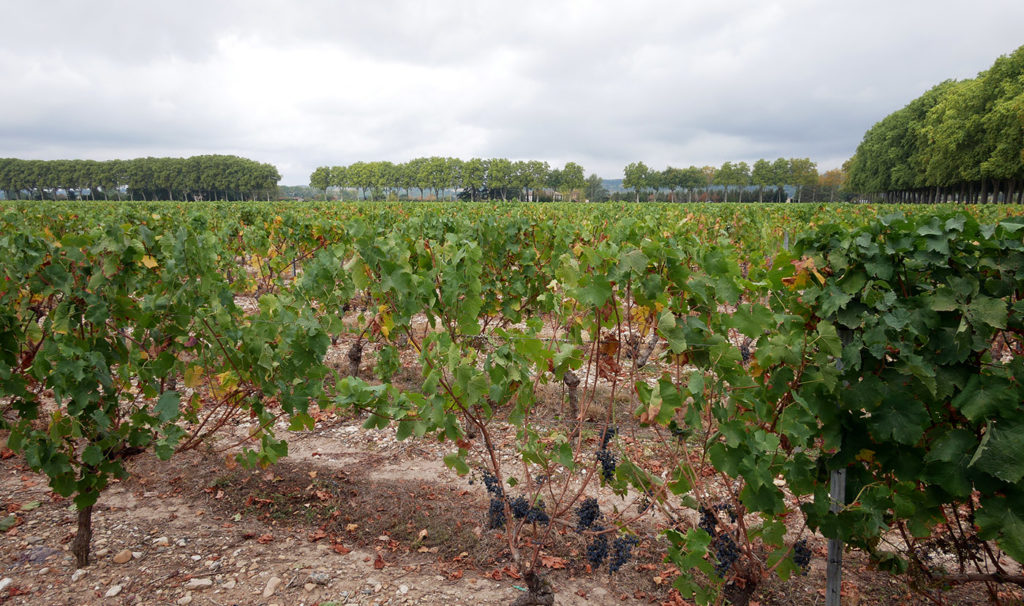
If today the years of misery seem far away, one feels however that the profession of winegrower is not simple and requires constantly to question oneself. Over the generations and the evolution of techniques, the domain has been transformed. In the 18th century, for example, a half-buried cellar was built to maintain the temperature of the wine. More recently, in the 1950s, the use of tuns was abandoned in favor of concrete and then stainless steel vats. Then in the 1970s, the Faramond family was one of the first to bottle the wine directly at the estate and to develop sales in the cellar …
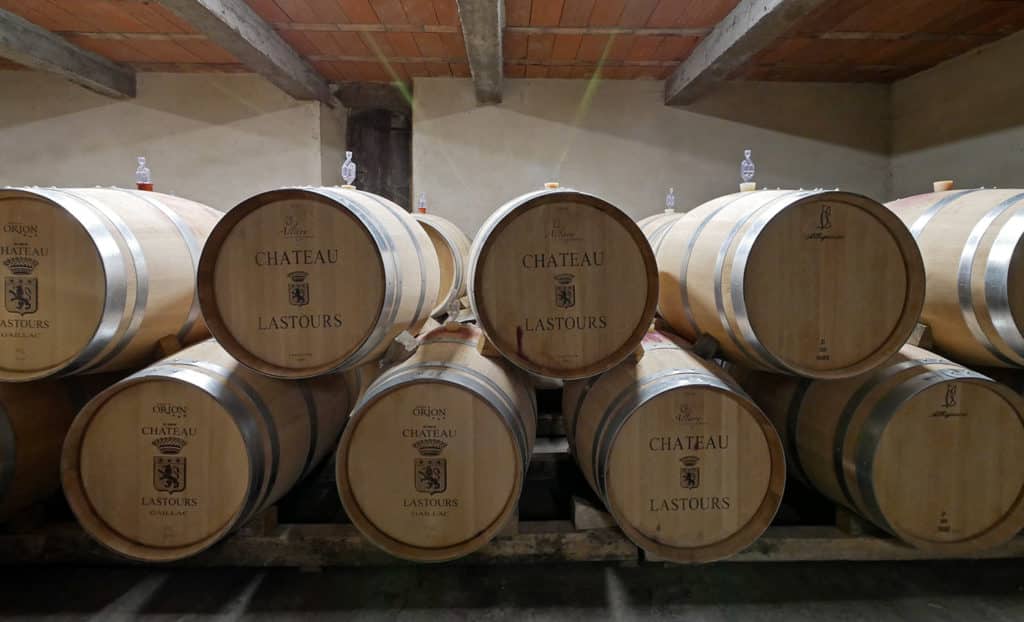
It takes two essential qualities: passion but above all madness!
“What we have today is because for five centuries there has been transmission from generation to generation” humbly confides Louis de Faramond, also aware of the weight of this heritage. With humor he concedes “To take over a wine estate you need two essential qualities: passion but above all madness”.
Before taking over the estate, Louis had an atypical career path, an engineer in food processing with a banking specialization. He worked for a few years in the banking sector before returning to his roots. A welcome training because today the job of winegrower requires a lot of versatility and skills in marketing, accounting, management … all without losing sight of the know-how of course.
Over the last thirty years, the profession of the vine has changed a lot. New techniques such as machine harvesting have changed the methods but also allow a better control of the winemaking process. Today, the challenge is to adopt a more ecological approach to production, which has led Château Lastours to completely eliminate the use of insecticides.
Passionate about his profession, Louis de Faramond welcomes those who come to push the door of the estate. It is even possible to take a guided tour – preferably by reservation. At the time of the tasting, Louis is unable to choose a favorite among his children and does not try to impose his tastes: his recommendation is simple “good wine is the one you love”. For my part, I let myself be tempted by the dry white “Les graviers” and the red “Tradition” but I let you go to Domaine Lastours to find the one you will appreciate the most!
Many thanks to Louis de Faramond for having taken the time to receive me and to speak to me with such passion about his (beautiful) job despite his fatigue! Thanks also to Christian Rivière of Tourisme Tarn for this contact.
Alcohol abuse is dangerous for your health, consume in moderation.

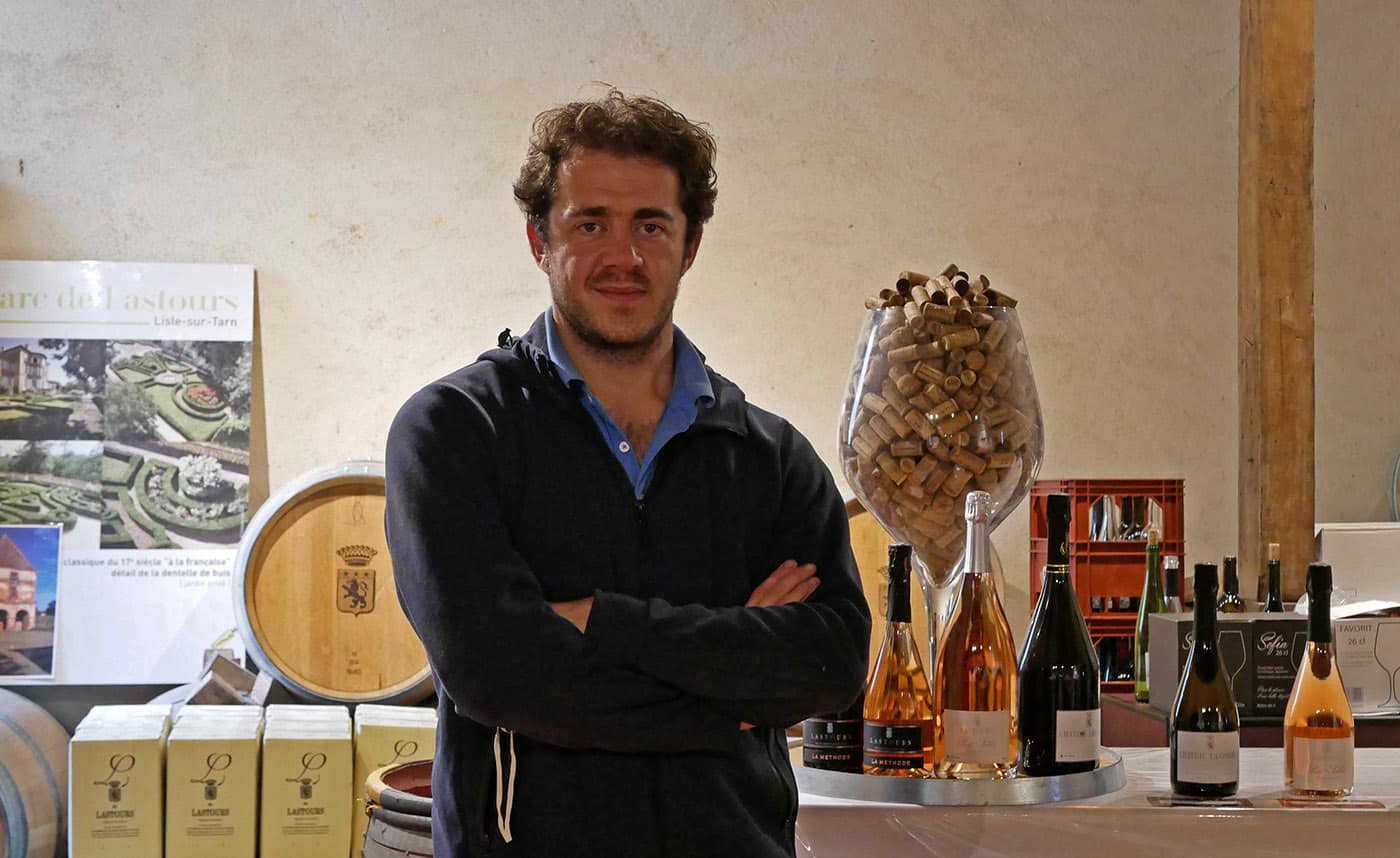

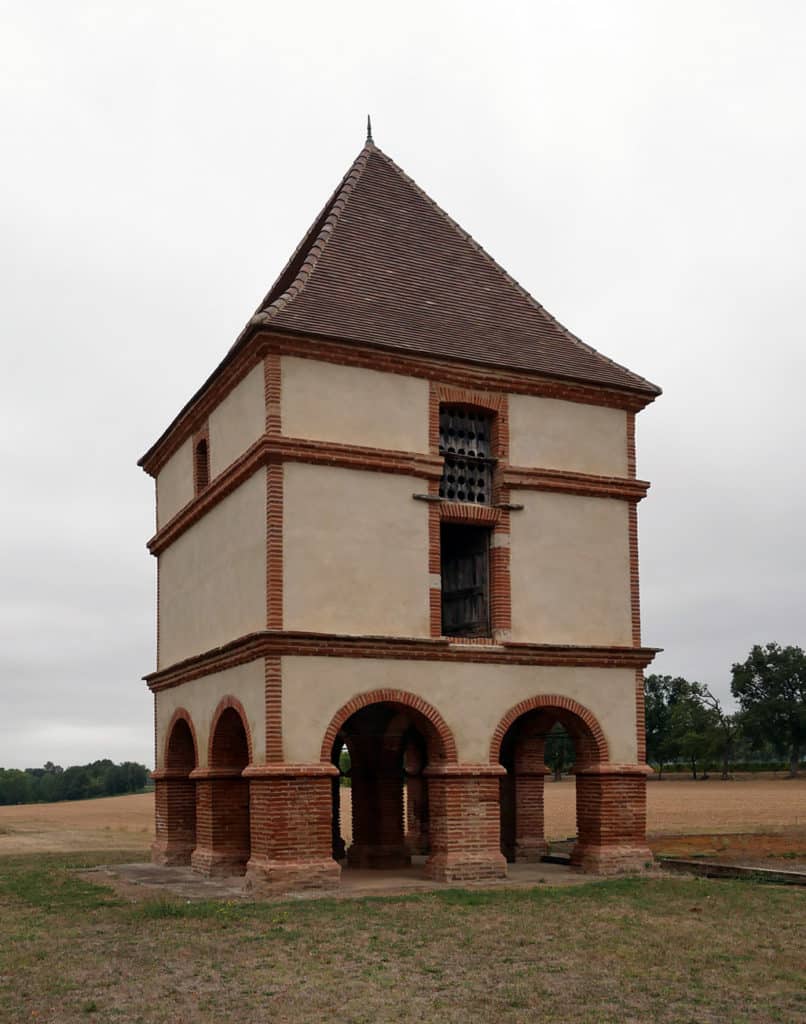
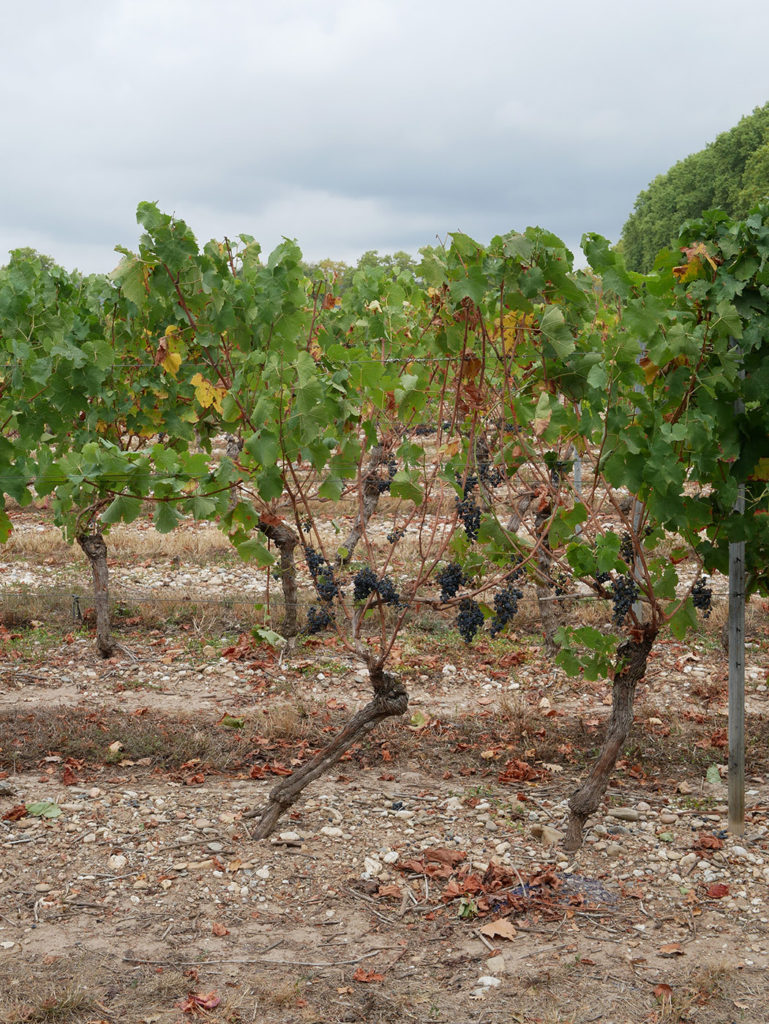
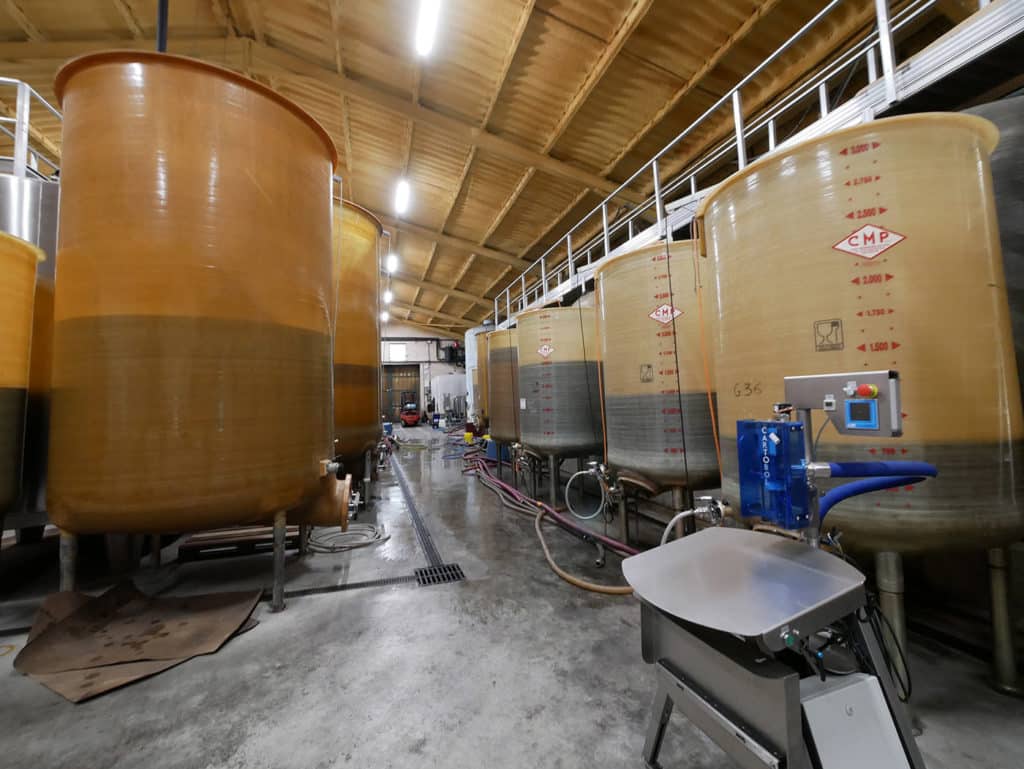
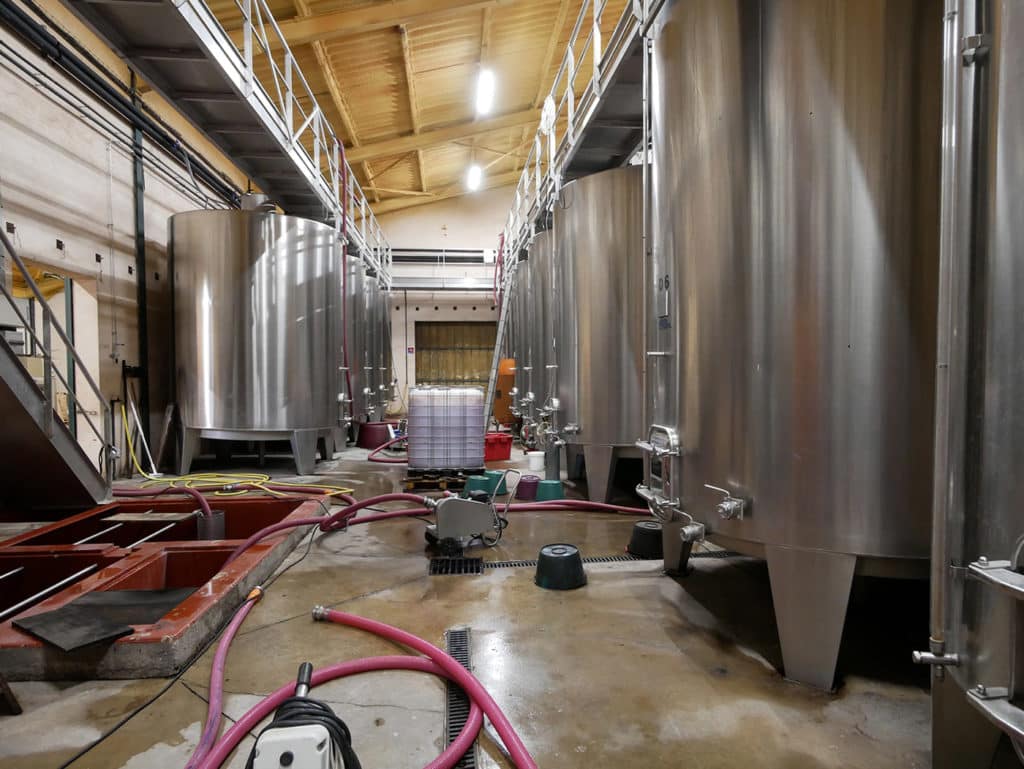
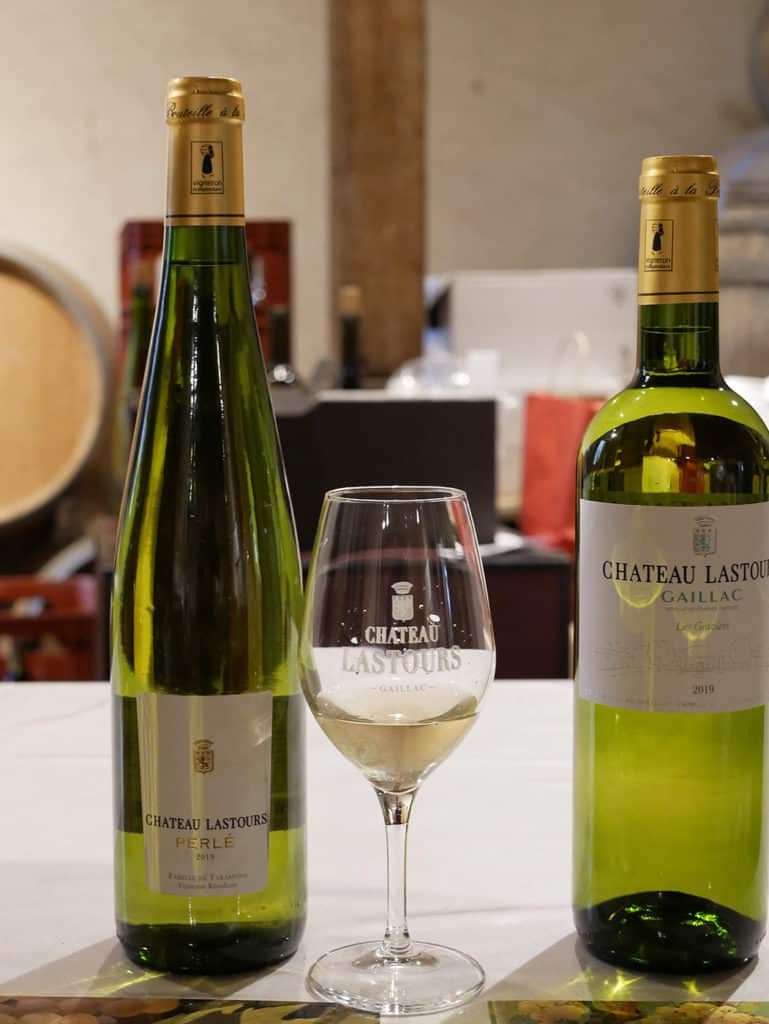
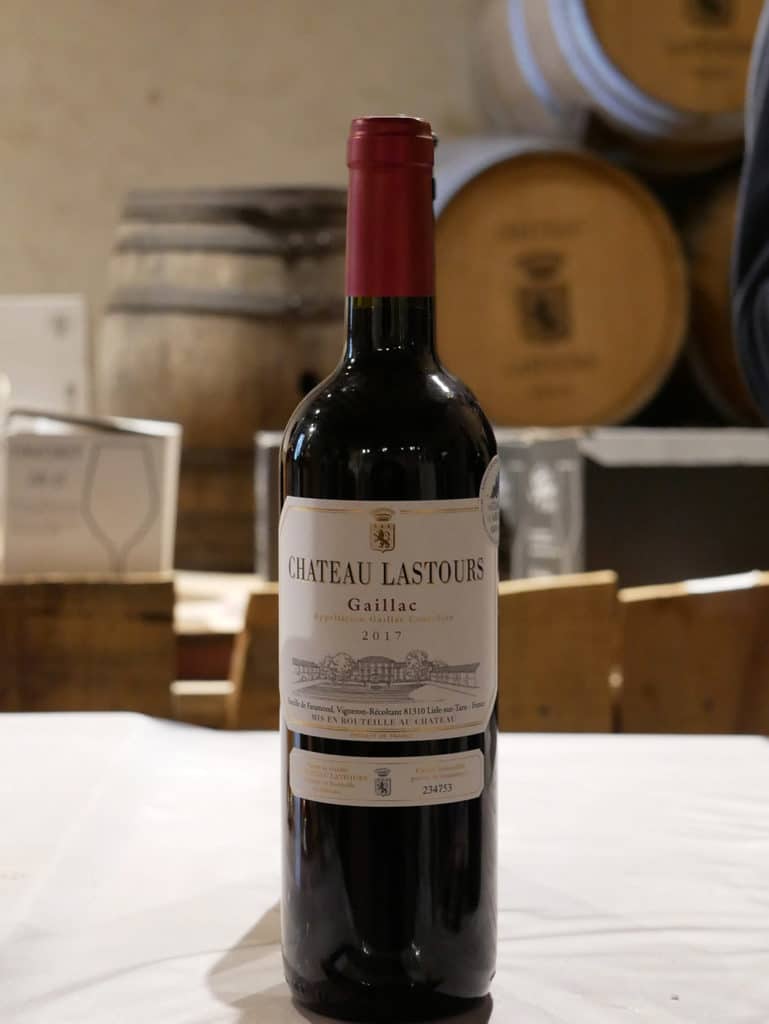
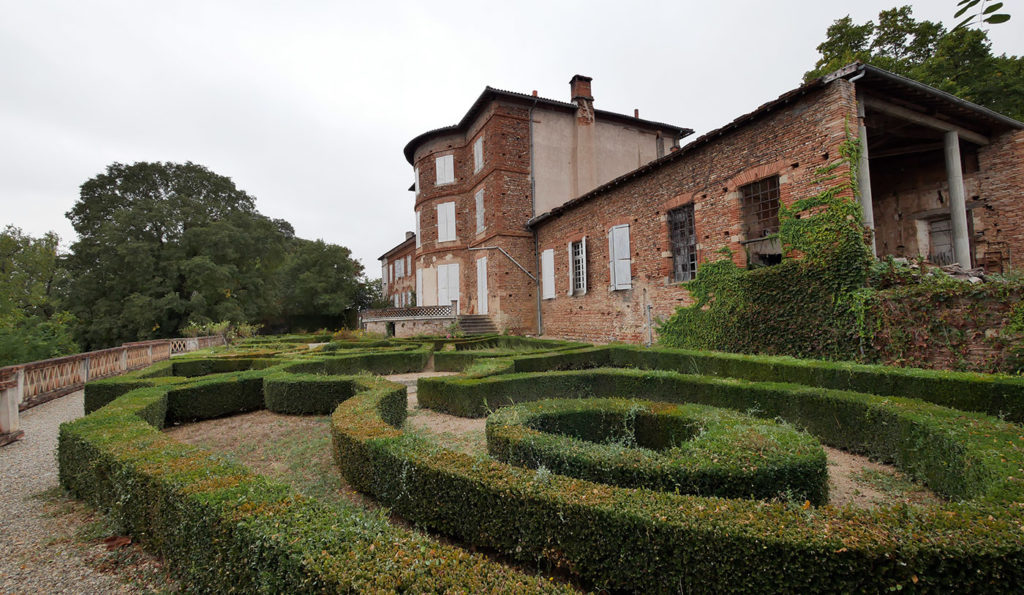


No Comments
Leave a comment Cancel